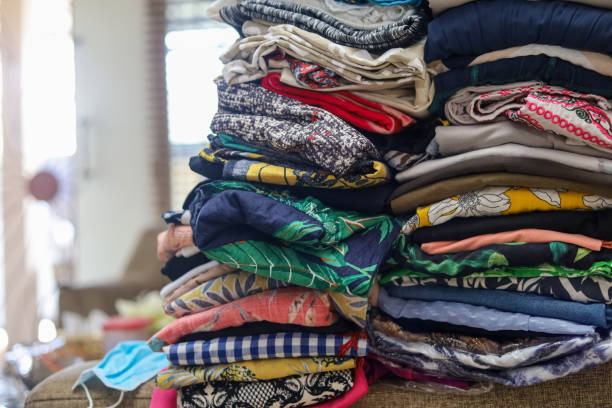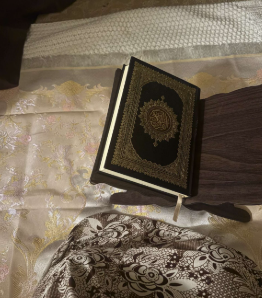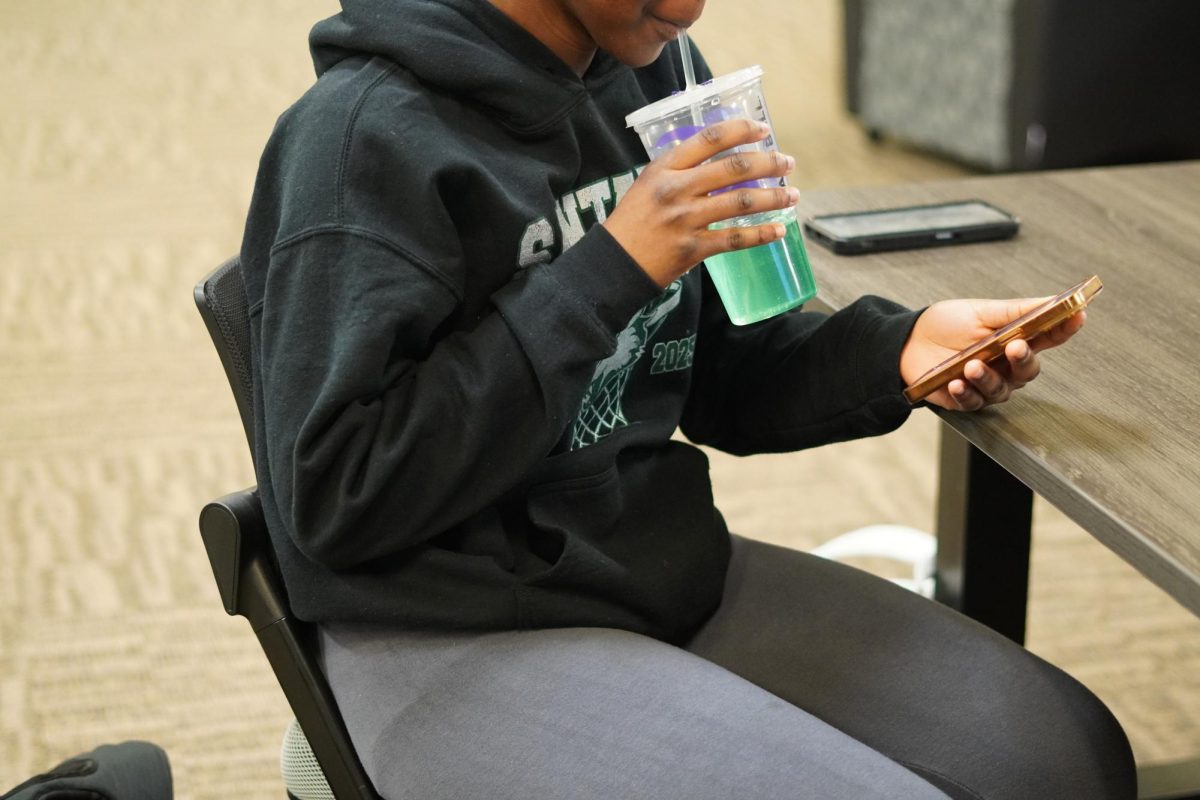Why we wear what we wear
April 28, 2023
You’ve been saving up for weeks to buy a pair of leggings from your favorite store, Lululemon. ‘Why are their leggings always so expensive?’ you question to yourself as you set down your card for the cashier. She rings you up, hands you the iconic check-out bag and you smile, feeling a sense of accomplishment.
You just spent upwards of $100 for a pair of leggings and are leaving with a grin. Why?
Each day that you walk into your closet, browse through your clothes and decide on an outfit, you are choosing how you want to be represented for that day. Whether it be a pair of cargo pants and an ill-fitting oversized t-shirt, or a pair of ripped skinny jeans and a blouse. Whether you decide to wear Air Forces or Doc. Martens or Converse — you are making an unconscious choice about how you are representing yourself.
Why we wear what we wear plays a role in everyone’s lives, including yours.
Most people, when initially asked why they put on the outfit they did, may shrug their shoulders and respond with ‘I don’t know’ or ‘I just felt like it’. However, the true answer lies beneath that.
There are macro-environmental factors and values hard at work subconsciously controlling what you wear. Maybe you wanted to dress up to motivate yourself or wanted to dress down and focus your energy elsewhere. There is a complex choice behind every shirt you wear: you just may not be aware of it.
“This [decision-making] can be the culmination of experiences, interactions, or previous decisions that we may not even be aware of,” said Jamie Guinn, a licensed social worker in Oklahoma. “For example, if we have worn something before and we are complimented on how we look, we will be more inclined to wear it again.”
Not only can psychological factors be attributed to your clothes, but clothing can tell you a lot about a person’s personality.
“Wearers of comfortable clothes (e.g., hoodies, sweatpants, tracksuits) were also identified with fashion leadership and interest, while those whose taste ran to trendy articles (e.g., dungarees, polo shirts, boiler suits) tended to be young and had an appreciation for the visual arts,” Harvard states in a study conducted about personality.
Roles in society can also play a large role in someone’s clothing choices, such as business executives who sport suits, or chefs who don a toque
“Usually on game days I tend to wear sporty wear,” said Brian Smith, head of the girls’ soccer team and sociology teacher. “On other days… I wear more casual clothes like boots and jeans and I feel like that’s what I’m most comfortable in, and when I’m more comfortable I feel like I can relay whatever daily lesson or plan that much better…”
Feeling comfortable in the clothes that you wear plays a large role in why you wear what you wear. You may be comfortable spending $100 on leggings because they make you feel more comfortable (whether that comfort is external or internal is up to you). You also buy certain clothes or brands to be able to better mesh with the people you surround yourself with whether you want to admit it or not.
“Birds of the same feather flock together,” Smith said. “It’s also about seeking approval through your friend group.”
Alongside approval, using clothes to represent who you are can also be a big contributing factor.
“I genuinely think it affects the way I see myself,” junior Ari Serrano said. “It’s a reflection of who I am internally.”
Clothing plays a much bigger role in our lives and worldview than we give it credit for. So, the next time you step into your closet and decide on an outfit, think of how you’re not only presenting to others but how you’re empowering yourself.



































